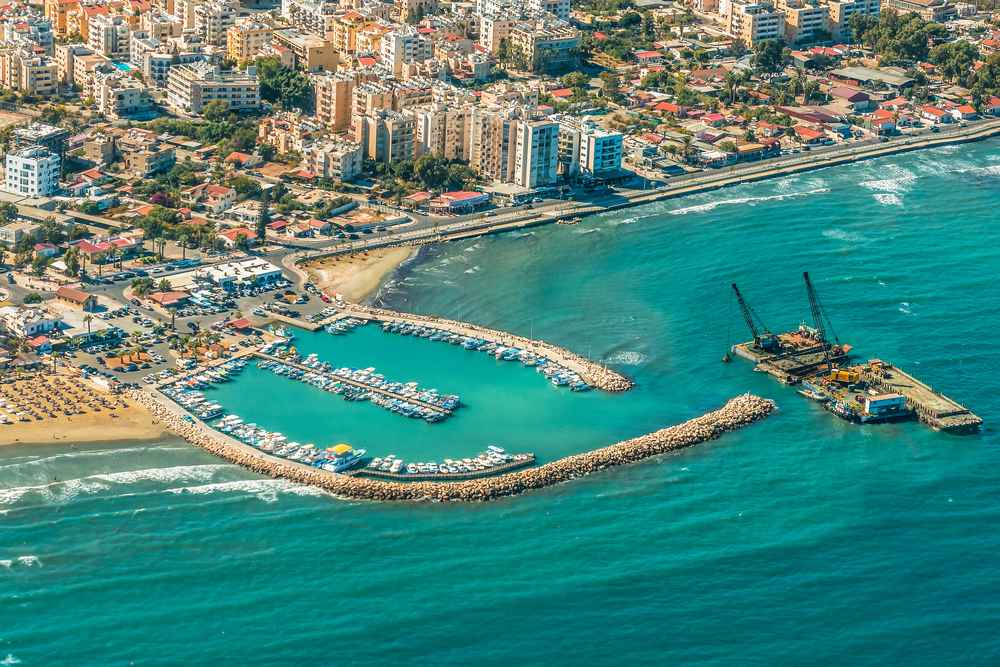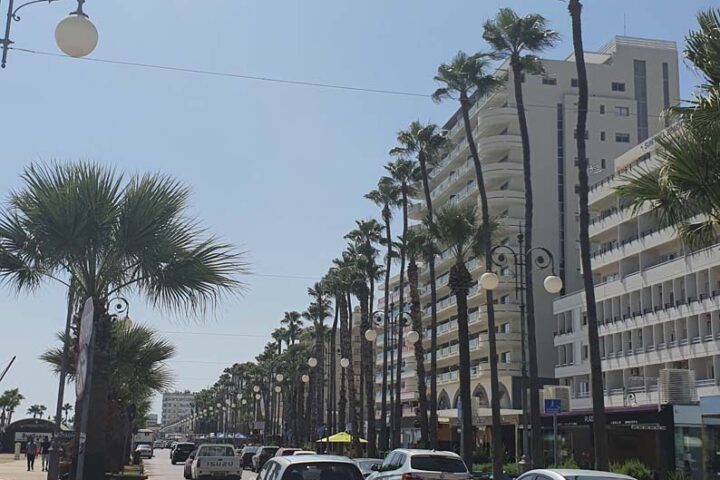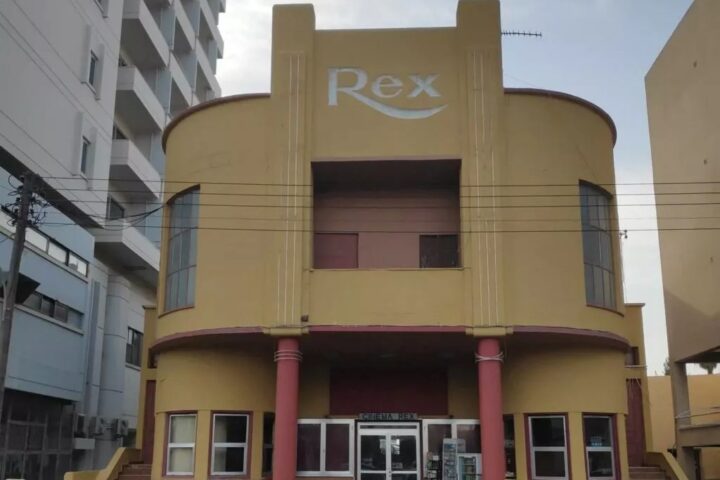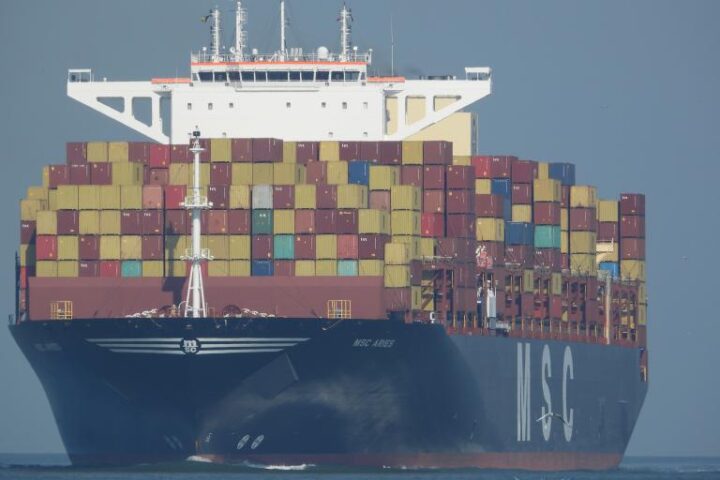Larnaca’s dream of hosting the School of Marine Sciences and Technology of the University of Cyprus was buried under concrete this week, as the government rejected the project due to high costs.
After meeting with President Nicos Anastasiades on Monday, Larnaca Mayor Andreas Vyras was told that the project would not get the green light citing the €100 mln price tag.
At the meeting, the President revealed his administration would be going back on their commitment to set up the School, as it was misinformed by the previous rector of Cyprus University who said it would cost only €10 mln over the next decade.
The current rector, however, estimates the cost at €101 mln, an amount, for which Anastasiades was quoted as saying “would be impossible to hand out, especially in the aftermath of the coronavirus outbreak”.
Instead, it had been decided to finance new research centres of the University of Cyprus to be based in Larnaca related to maritime, such as an oceanographic centre.
Confirming the government’s decision on the maritime school, Vyras said his municipality was extremely disappointed as it was part of a broader facelift of the town.
“We were disappointed to hear the government’s decision for which the President said was determined by the cost.
It was disappointing to hear that the government will be going back on one of its commitment and at the same time disappointed over the fact that two different rectors gave such different estimates for the project,” Vyras told CyBC radio.
He said when Larnaca had gotten wind of the difference in the estimate of the project it was quick to come up with solutions that would bring down the costs, such as offering the building to house the school.
“We can’t understand how the estimates can differ so much from one another. But in any case, Larnaca Municipality offered several solutions that would reduce costs significantly, but were not taken into account,” said Vyras.
He argued that the cost, and consequently the viability of a school during its first years of operation should be the last thing to be taken into consideration when talking opening opportunities for the youth.
“Did they (government) take into consideration the viability and cost when they set about to set up the Cyprus University Medical School?”
Vyras also wondered whether the competent authorities took into consideration the importance of ‘blue jobs’ in the near future.
Larnaca’s mayor said his town is “not giving up” on the dream of setting up the School of Marine Sciences and Technology and will keep fighting.
UCY’s former dean Costantinos Christofides said that the new university rector was “not truthful” when presenting evidence regarding the cost of the new school.
“It would be better if they had come out and said that there are financial difficulties rather than blowing up the cost by 10 times,” said Christofides.
He compared the cost to that of the technical school in Limassol which cost an estimated €25 mln for the first 10 years of operation.
“Costs only went up when it was decided that the school would have its own building.”
Christofides argued that the Cyprus technical university has four departments whereas the Maritime School would have only two while the research centres were to be hosted by the Cyprus Maritime and Marine Institute (CMMI) which has received some €15 mln in funding from the EU.
“It is a pity to bury such a project at a time when our country is in need of such projects that will boost the economy’s growth,” said Christofides.
“It is a dark day for the university. At the moment some 40,000 people are working on ships under a Cypriot flag.
Just 2,000 of them are Cypriots. The demand is there, we should be training more Cypriot youth to take up places in the industry.”









